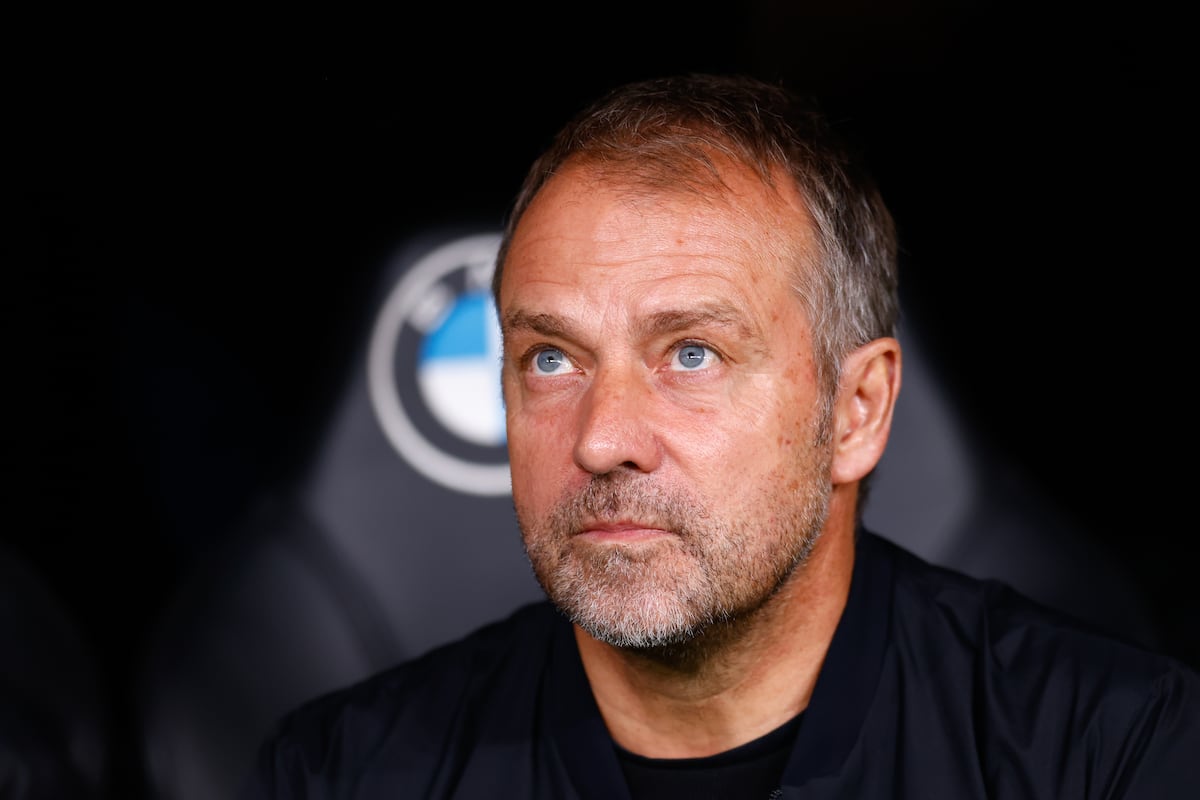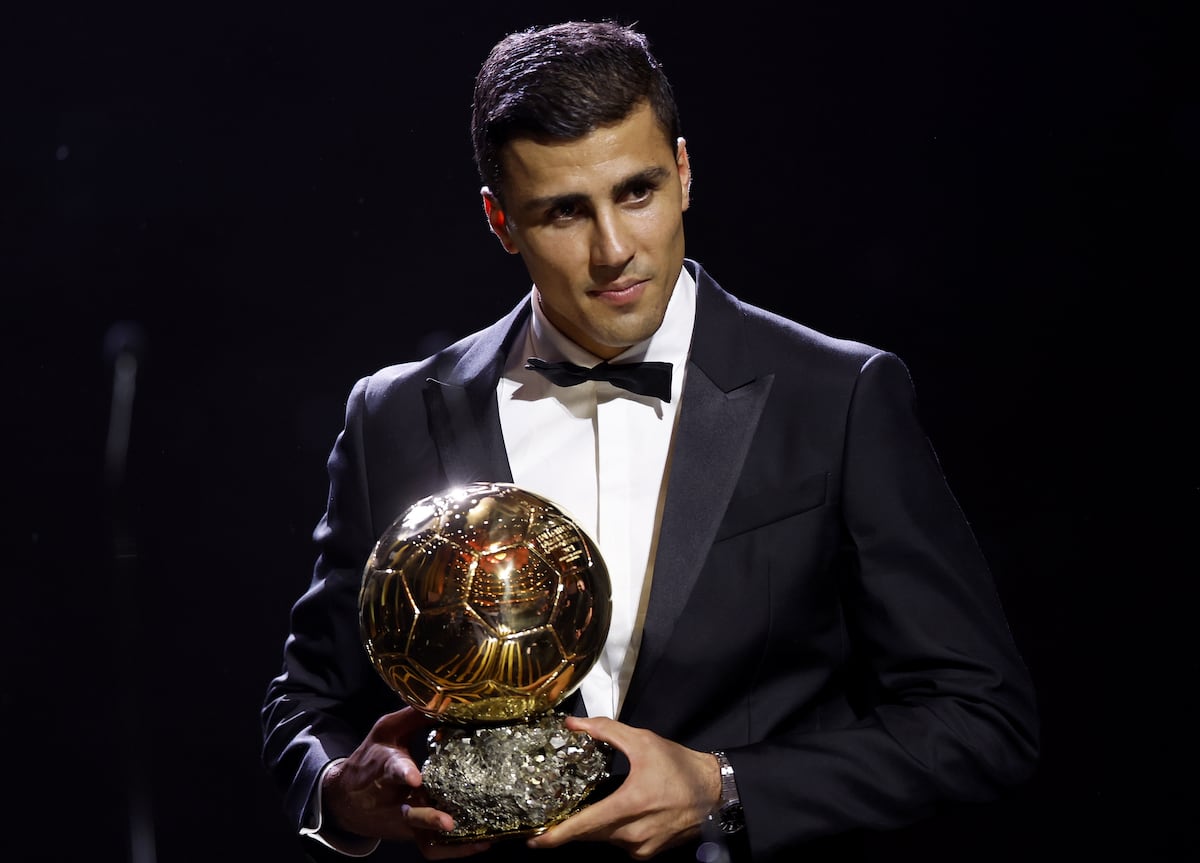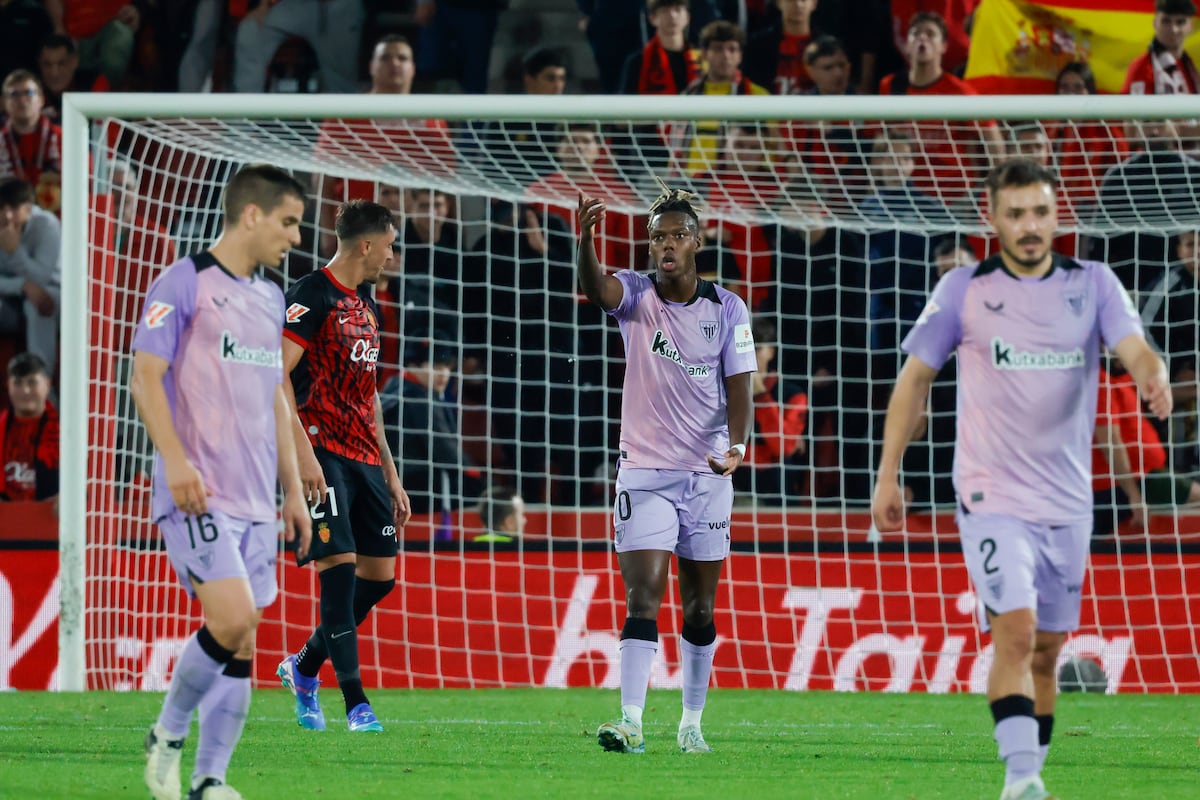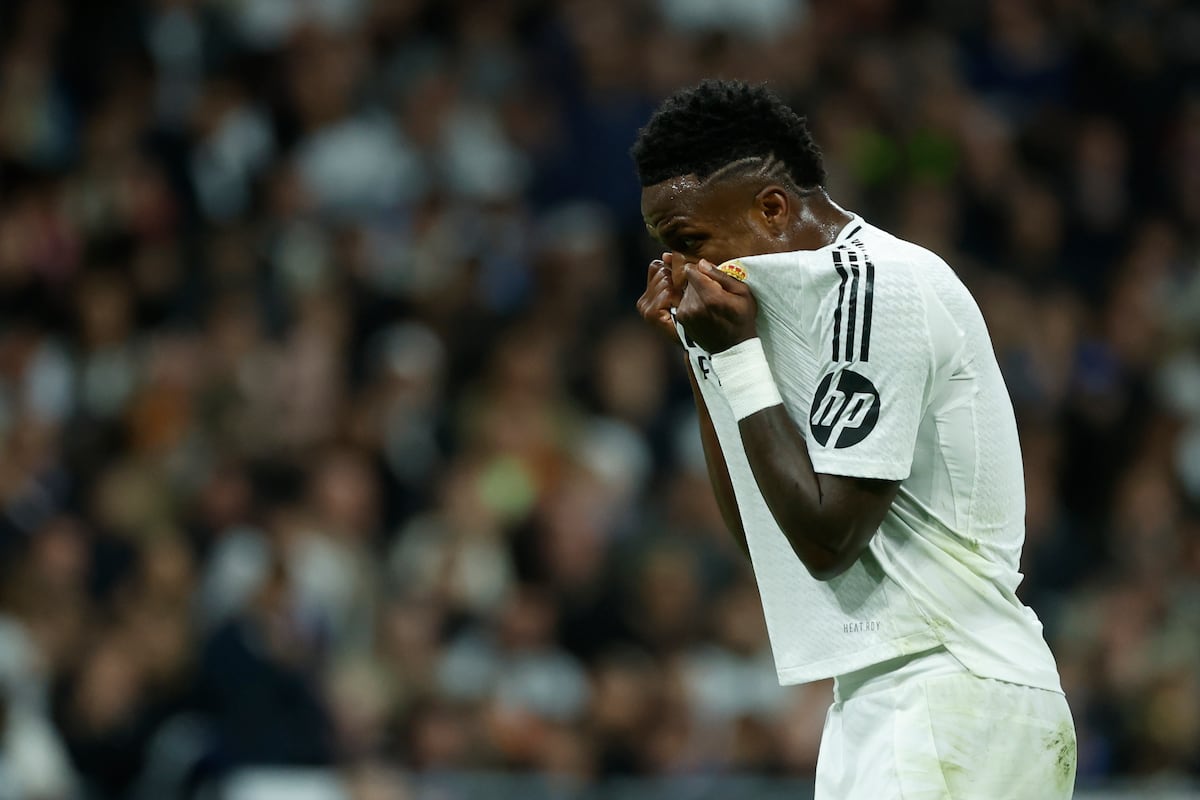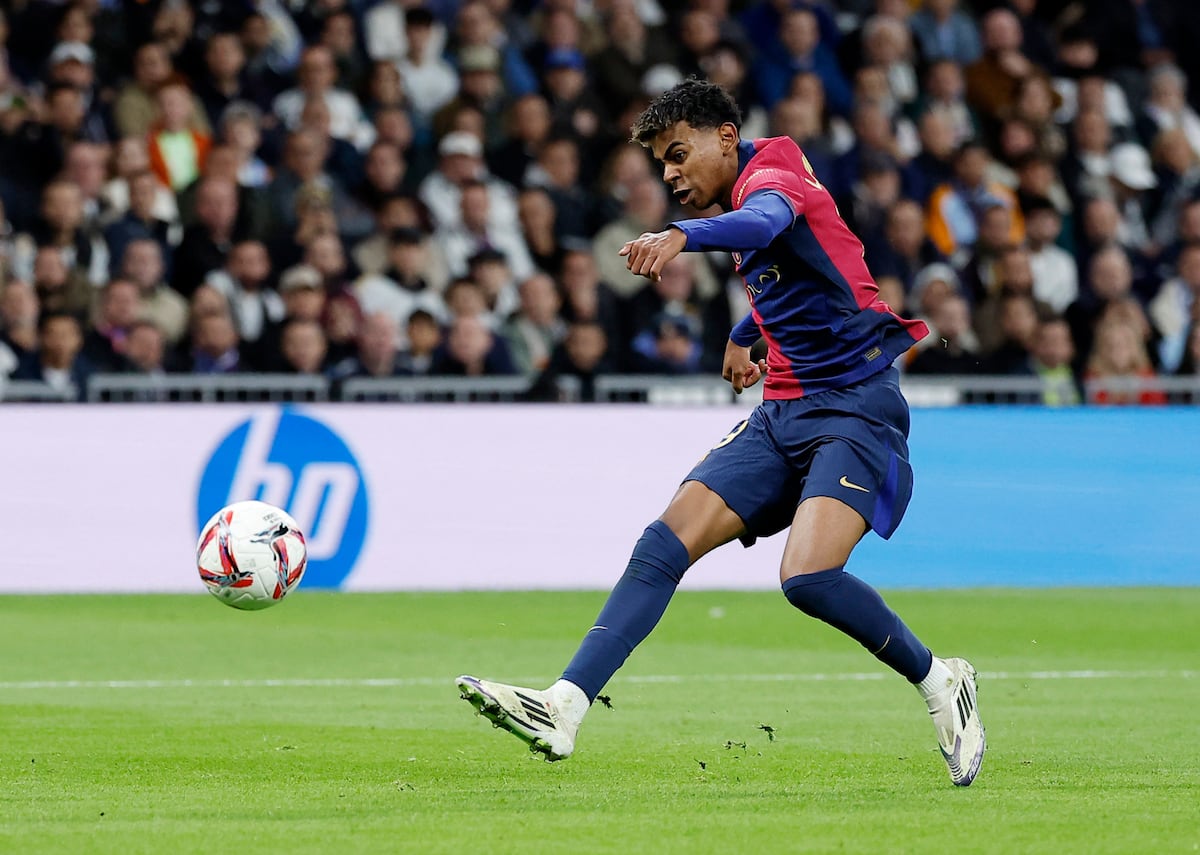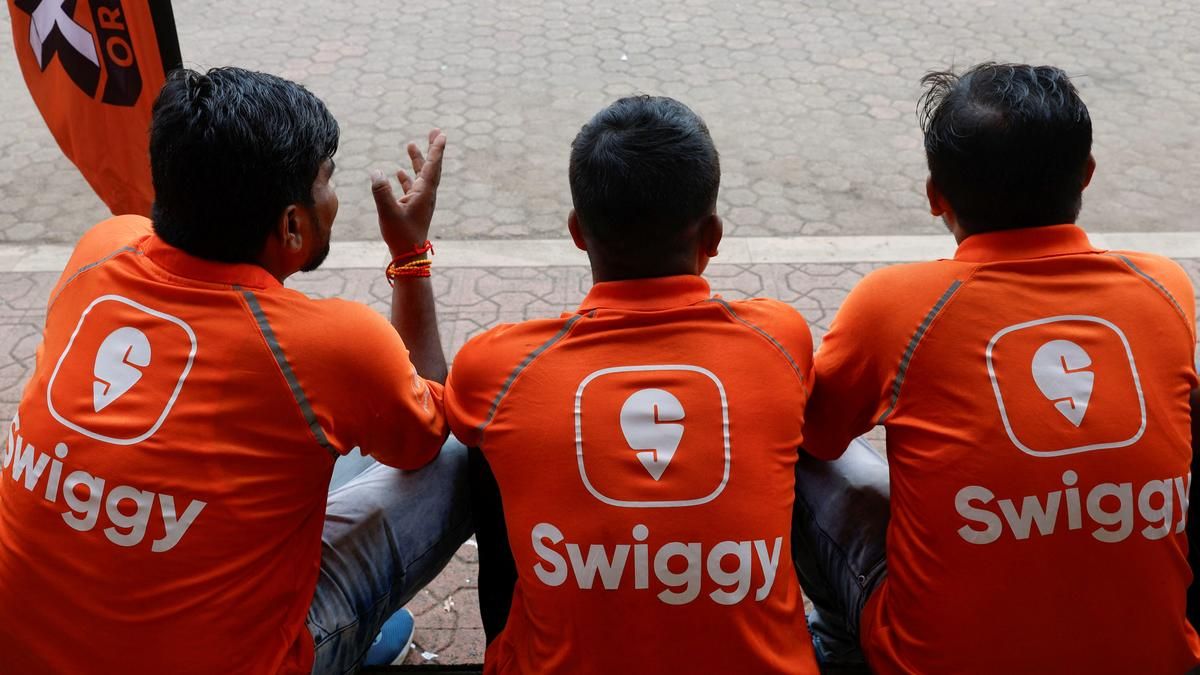Saturday’s match at the Santiago Bernabéu is expressed as a genetic treatise on the history of both teams. A club that always prioritized the team and the coach, compared to an institution that opted mainly for the players and stars at the service of the spiritual legend of the shield. Culé history speaks of the Barça of Helenio Herrera, of Cruyff, of Guardiola, of Rinus Michels. That of his rival, reviews his glory invoking the Madrid of Di Stéfano, Cristiano Ronaldo, the one from the Buitre’s fifth and Hugo Sánchez while Wagner’s trombones sound. The style, very defined, is heroic, galloping practically without looking at the stall. And when someone has wanted to touch that (15 Champions Leagues, be careful), they have ruined the most successful invention in the history of football.
The 0-4, however, also cruelly shows the commitment to strategy and training versus blind trust in the talent of the players. The 12 offsides – the last team to commit something like this at the Bernabéu was Arrigo Sacchi’s Milan, where Ancelotti himself played – are a portrait of work, but also of how to make the most of a technology that is sometimes reviled like VAR. , which allows you to play to the limit without taking human risks. In 1989, Sacchi’s revolutionary football defeated Real Madrid’s Quinta del Buitre, but he also destroyed the rules of the game, laying the first stone for the abolition of the old positional offside. It wouldn’t be strange if after Sunday someone decided to ban the VAR.
The good news in Barcelona, determined to self-destruct, is called Hans-Dieter Flick. They say that Deco and Bojan went to London to interview him and after the meeting they called President Laporta and summarized the meeting: “We spoke with a coach.” It’s no small thing. But Flick, who the day after the Bernabéu game had the team train in the rain in the morning and then went to the Johan Cruyff stadium to watch Barça Atlètic, is not just that. He’s a worker. You give the Heidelberg coach your neighborhood bakery and he turns it into a French pastry shop. That is what he has done with Raphinha, Íñigo Martínez, Iñaki Peña and Lewandowski, who seemed ruled out of football last year. Or with De Jong, whose entry on the field against Bayern and Madrid definitively ended the match.
Flick’s calm and calm, perhaps that’s what Laporta also thought on a hunch, make him the perfect coach for a club doomed to collective harakiri. It may even help him not to speak Spanish to isolate himself from the toxic culé environment. And he is also the ideal antithesis for a president in a permanent state of combustion who, if he knows anything, is about coaches. Laporta, in the eye of the hurricane for his impulsive, personalistic and somewhat erratic management, always knew how to give confidence to his technicians. He did it with Rijkaard, whom he protected when things didn’t go well the first year, with Guardiola and even with Xavi in bad times.
The party pointed out details until the discount. And in the final minutes, Gavi reminded Vinicius that they had scored four. The Brazilian, according to some media reports, responded by referring to his height and announced, as if the match was of little importance to him and his team, that the next day he would go for the Ballon d’Or. The last one was offside. of the night.

